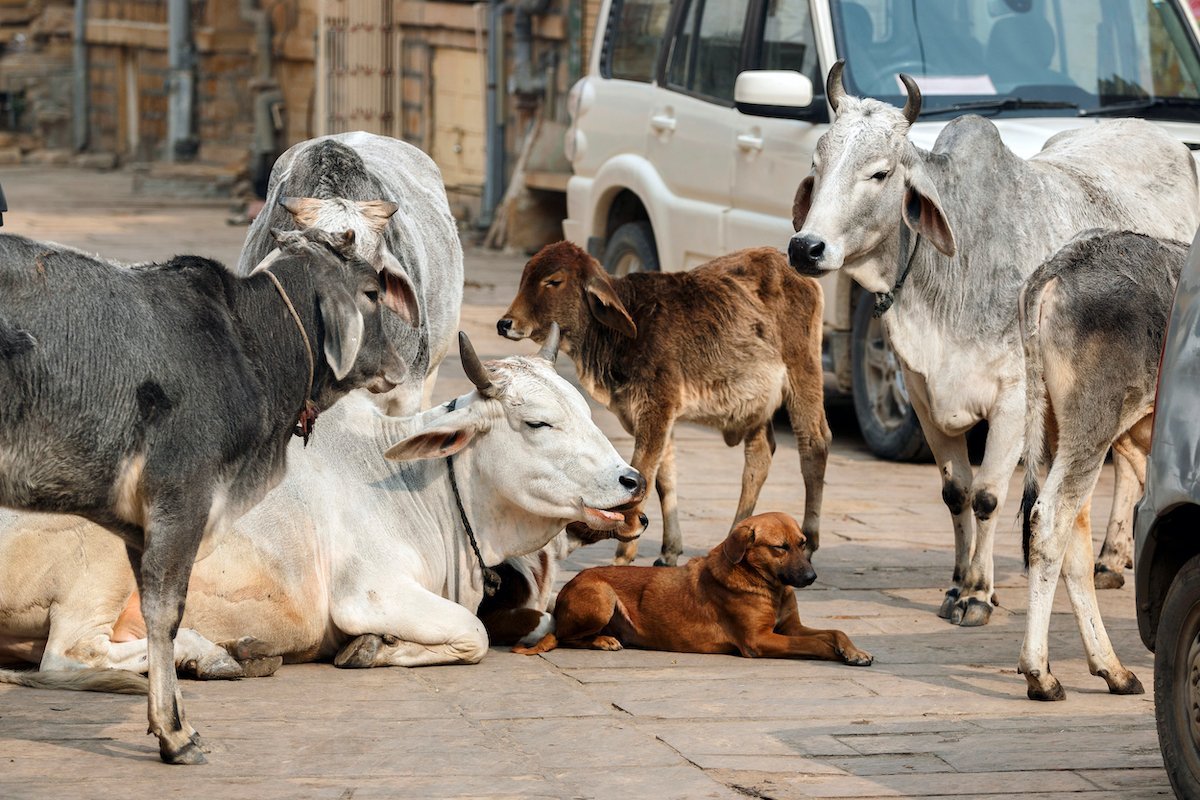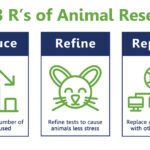Animal cruelty remains an insidious and pressing issue in urban centers worldwide, and Delhi is no exception. Enveloping a society that prides itself on its cultural richness, the plight of animals often lurks in the shadows, overshadowed by pressing socio-economic challenges. Beneath the bustling streets of this vibrant metropolis lie stories of suffering, neglect, and abuse that demand our attention. In addressing this social malaise, understanding how to voice complaints about animal cruelty is paramount. This article provides both an analytical examination of the situation in Delhi and a comprehensive guide on where and how to lodge complaints.
In a city with a population that is an amalgamation of diverse backgrounds, the treatment of animals often reflects broader societal values and ethical standards. Just as the ancient philosophy of ahimsa advocates for non-violence and compassion toward all living beings, a segment of Delhi’s populace is increasingly recognizing the need for a more empathetic approach to animal welfare. Unfortunately, a significant proportion of the populace still indulges in acts of cruelty, sometimes out of ignorance, sometimes out of sheer callousness. These acts can range from abandonment and neglect to more severe manifestations such as physical abuse, hoarding, or illegal trade of wildlife.
As awareness regarding animal rights burgeons, so too does the infrastructure to address these issues. It’s vital for activists and concerned citizens to harness their outrage constructively. The immediacy of the situation necessitates a structured approach to reporting and tackling instances of animal cruelty. Knowing where to complain is like possessing a map in a vast, uncharted wilderness of bureaucratic red tape.
The Animal Welfare Board of India (AWBI) serves as a crucial regulatory body, enforcing animal protection laws in the country. Formed under the Prevention of Cruelty to Animals Act, it is the go-to entity for addressing complaints related to animal cruelty in Delhi. Individuals can lodge their grievances by reaching out to them through their official website or by contacting their helpline. This board facilitates not just the reporting of cruelty but also encourages educational initiatives to create awareness about the humane treatment of animals.
Additionally, local law enforcement agencies, such as the Delhi Police, are equipped to handle complaints of animal cruelty. Dialing 100 will initiate an official investigation into the alleged mistreatment of animals. However, the response can vary significantly based on the particulars of the incident and the officer’s awareness of animal welfare laws. Nonetheless, it remains a critical avenue that must not be overlooked.
For those who prefer a more grassroots approach, various non-governmental organizations (NGOs) work tirelessly in Delhi to rescue and rehabilitate abused animals. Organizations like PETA India and the Federation of Indian Animal Protection Organizations (FIAPO) offer platforms for the masses to engage in activism. They provide mechanisms for registering complaints and often mobilize their volunteers for rescue missions when severe cases come to light. By being a part of these organizations, individuals not only add their voices to the cause but also gain access to educational resources that outline the legal framework governing animal rights in India.
Engaging with such organizations equips activists and concerned citizens with the tools necessary for advocacy. Education amplifies the impact when combined with practical action. Conferences, workshops, and social media campaigns run by these organizations serve to enhance community knowledge on the multifaceted issue of animal cruelty. Often, societal change begins with the individual, and spreading this knowledge can catalyze collective action.
Moreover, social media platforms have emerged as a powerful tool for activism. Individuals can share firsthand accounts of cruelty, raise awareness, and even mobilize online petitions that compel authorities to act. The rise of digital activism has proved to be a panacea for societal apathy, transforming passive observers into passionate advocates. As societal values evolve, the prevailing culture of silence around animal cruelty is beginning to shift toward one of accountability and compassion.
Government initiatives also play a pivotal role in addressing this issue. The Ministry of Fisheries, Animal Husbandry, and Dairying recently emphasized the implementation of stricter penalties for cruelty toward animals. Policymaking driven by public sentiment will require persistent advocacy, lobbying, and pressure from the community. Public opinion shapes governance, as well as the resources allocated to animal welfare initiatives. Therefore, those who care about this cause must be relentless in their quest for reform.
Another significant aspect to consider is the necessity for proper documentation when lodging complaints. Is the evidence in the form of photographs? Videos? A witness statement? Strengthening one’s complaint with compelling evidence not only enhances its credibility but also serves to expedite the resolution process. In this fight against animal cruelty, each detail counts, as meticulous documentation can shine a spotlight on the darker corners of society.
To encapsulate, the fight against animal cruelty in Delhi requires a multi-layered approach involving individuals, NGOs, and government bodies. The collective societal consciousness is shifting toward a more humane treatment of animals. By leveraging available resources, residents can galvanize their community into action, working collectively toward a future where the voices of the voiceless are heard and honored. The metamorphosis from apathy to activism is a journey that is both necessary and inevitable. Therefore, if you witness abuse, remember: every report you file can echo through the corridors of change.







